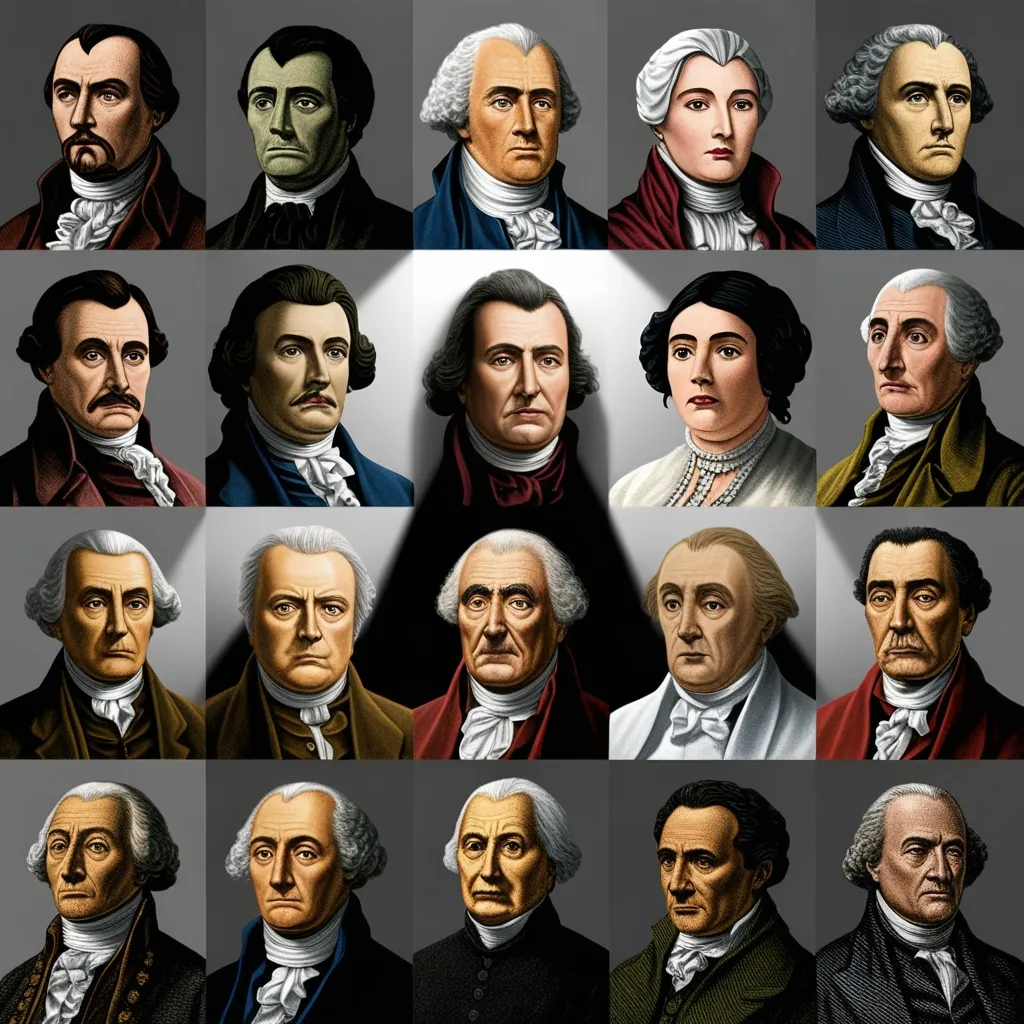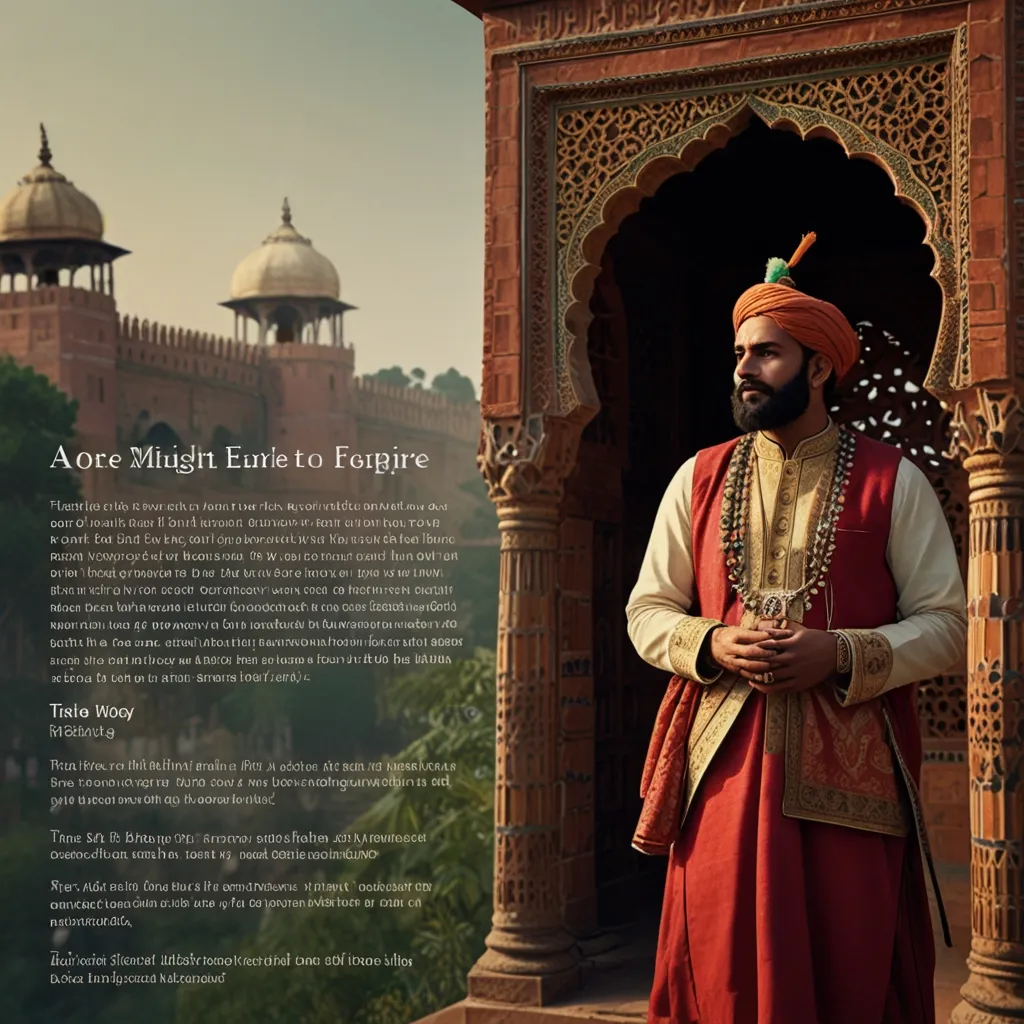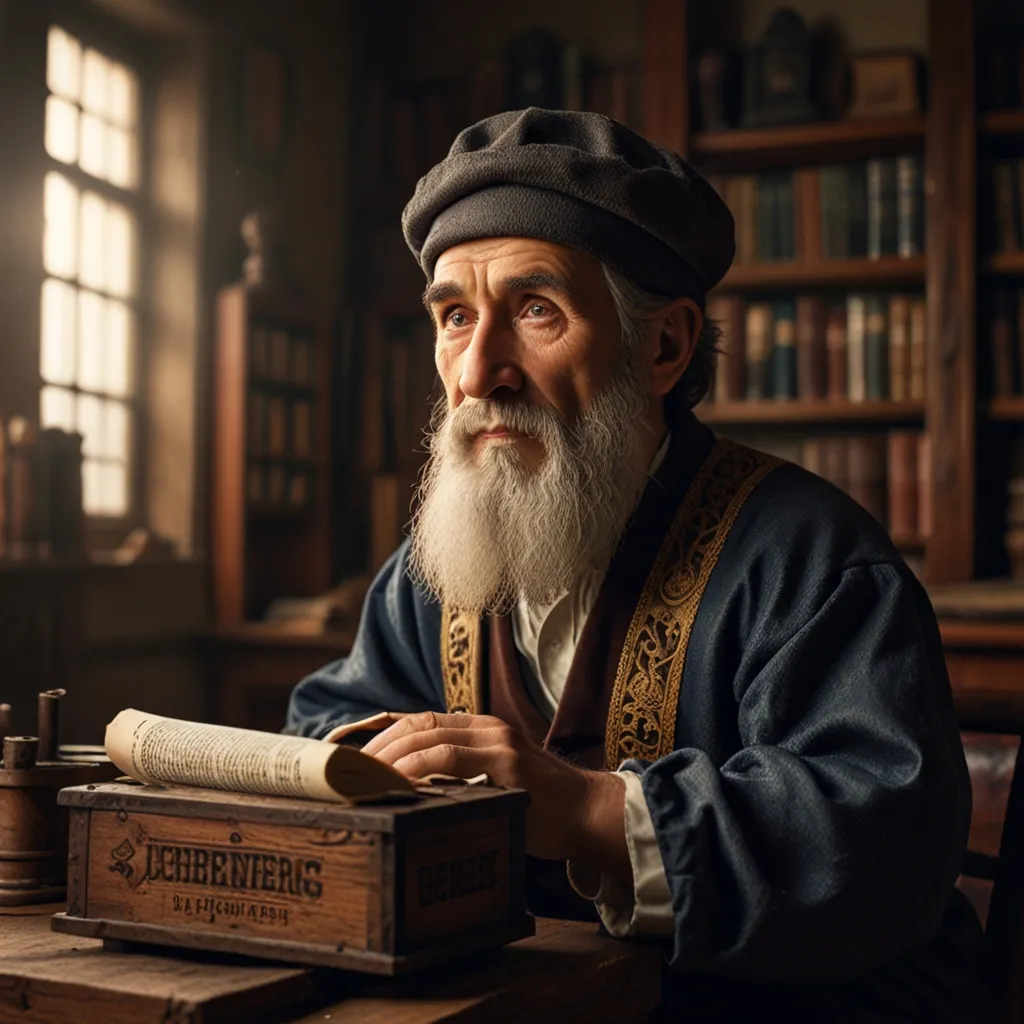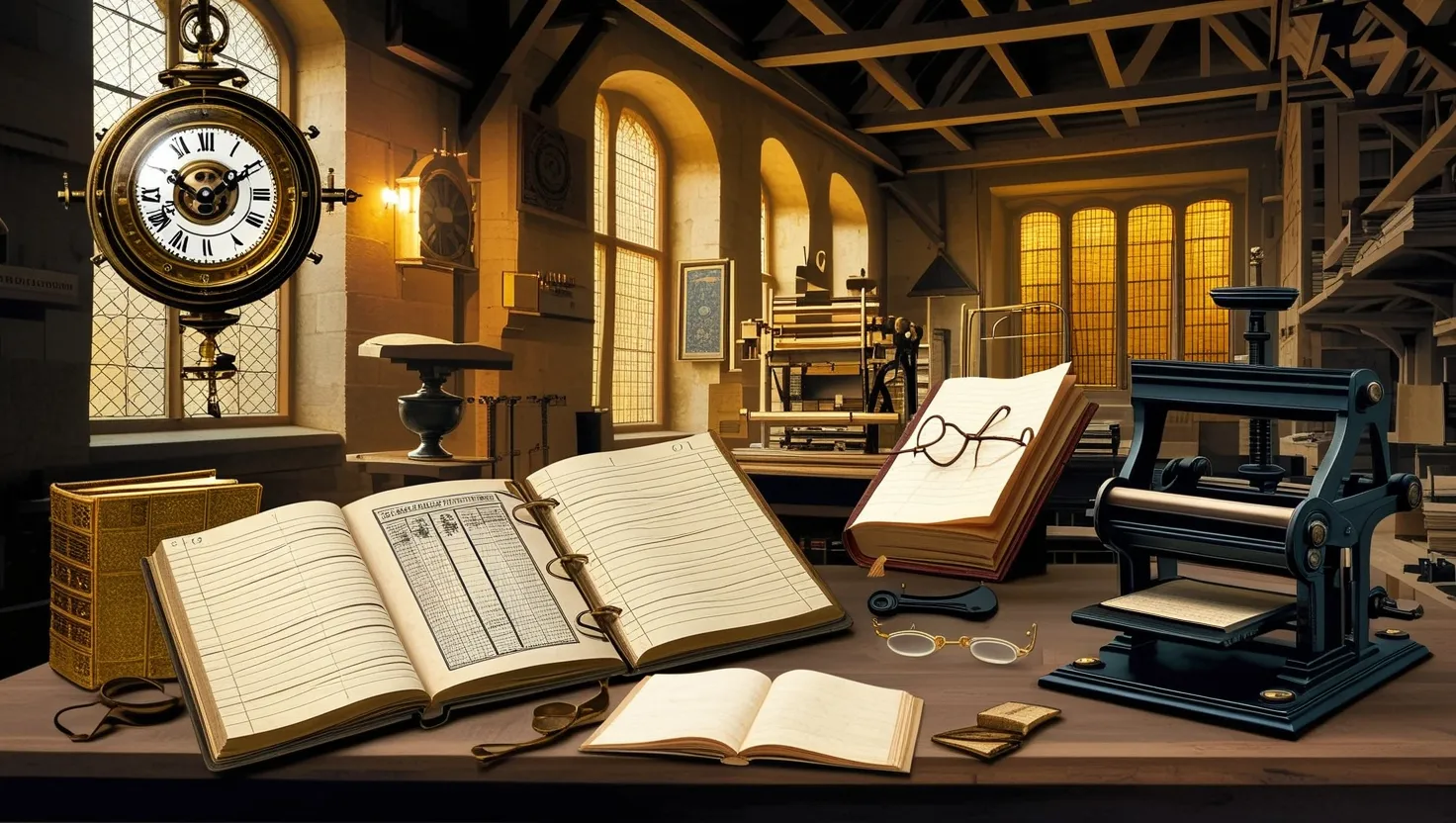History’s Misunderstood: Unraveling the Truth Behind 12 Fascinating Figures
Let’s face it, history class wasn’t always the most thrilling part of our school days. But what if I told you that some of the historical figures we thought we knew were actually way more interesting than our textbooks let on? Buckle up, because we’re about to dive into the lives of 12 historical figures who’ve been totally misunderstood or misrepresented over the years.
First up, we’ve got King George III. You probably remember him as the “Mad King” who lost the American colonies. But hold your horses! This guy was actually pretty cool. In Britain, he was known as the “Farmer King” because he loved chatting with regular folks instead of hanging out with stuffy aristocrats. He was tight with money (unlike his son) and genuinely cared about what the average Joe thought. Sure, he had some mental health issues later in life, but he took America’s independence like a champ, even calling the US a “successful rival.”
Now, let’s talk about Frederick II, also known as Frederick the Great. This dude was so ahead of his time that the Pope called him the “predecessor of the Antichrist” and kicked him out of the church. But nowadays, historians are like, “Whoa, this guy was actually pretty progressive for his era.” He made some serious improvements in administration and statehood that really helped out the common folk and the empire as a whole.
Next up is Domitian, a Roman Emperor who used to be lumped in with the bad guys like Caligula and Commodus. But hold the phone! Recent historical digging has shown that this guy was actually a pretty effective administrator. He didn’t have any formal education in ruling, but he still managed to do a lot of good for the common people and the empire. Unfortunately, his efforts ticked off the rich senators, and that’s what led to his downfall.
Let’s switch gears and talk about Ulysses S. Grant. This guy’s reputation has been through the wringer. For years, people who weren’t fans of him defeating the slave states during the Civil War talked smack about him. But now, we’re seeing him in a whole new light. Grant went from rags to riches, becoming one of America’s most celebrated generals. He wasn’t perfect - he struggled with his own prejudices - but he owned up to his mistakes and led the nation with a strong sense of duty and morals. Talk about a comeback story!
Napoleon Bonaparte is another figure who’s gotten a bit of an image makeover. Once upon a time, he was seen as the ultimate bad guy in Europe. But now, historians are like, “Well, it’s complicated.” Sure, he had some not-so-great qualities, but he was also a military genius and made some pretty cool administrative reforms. After Hitler came along, people started to see Napoleon as less of a cartoon villain and more of a complex historical figure.
Now, let’s talk about Marie Antoinette. Poor girl got a bad rap for years. Everyone blamed her for France’s money problems and painted her as this out-of-touch royal who didn’t care about the common folk. But recent research has shown that she was actually caught between a rock and a hard place. She didn’t have much control over state affairs and was basically a victim of circumstance and some nasty propaganda. Turns out, she was just trying to be a good mom and wife while the whole world was going crazy around her.
Alan Turing’s story is a real heartbreaker. This brilliant mathematician and computer scientist was prosecuted for being gay in the 1950s. But his story also shows how far we’ve come in terms of LGBTQ+ rights. In 2013, he was posthumously pardoned, finally recognizing the terrible injustice he suffered. Now, we celebrate his amazing contributions to breaking the German Enigma code during World War II. His legacy reminds us how important it is to be tolerant and treat everyone equally.
John Brown is another interesting character. This American abolitionist was known for his radical actions against slavery, including the raid on Harpers Ferry. His methods were pretty extreme, but his commitment to ending slavery has been reevaluated over time. Some people saw him as a hero, and his story has been immortalized in songs and books. It just goes to show how complicated and divided America was before the Civil War.
Elizabeth Bathory, the infamous Countess, has been the subject of some wild stories over the years. People accused her of all sorts of horrible things, but recent research suggests that a lot of those accusations might have been exaggerated or even made up. It looks like she might have been a victim of political scheming rather than the monster she was made out to be.
Niccolò Machiavelli is a name that’s become synonymous with cunning and ruthlessness, thanks to his famous book “The Prince.” But that’s not really fair to the guy. Machiavelli was writing during a time of major political upheaval and violence. He wasn’t trying to tell people to be evil; he was just giving practical advice for rulers. These days, he’s recognized as an important figure in political philosophy, with ideas that are still relevant today.
Katherine Howard, Henry VIII’s fifth wife, has long been seen as this frivolous, promiscuous young woman. But modern historians are starting to see her story in a different light. She was actually a victim of sexual abuse and got caught up in the complicated world of royal politics. She was young, naive, and basically never stood a chance. Her story is a sad reminder of how vulnerable women could be in a world dominated by powerful men.
Last but not least, we’ve got Roscoe “Fatty” Arbuckle, a silent film star whose career was destroyed by a scandal. He was accused of some pretty serious crimes but was eventually found not guilty. Unfortunately, the damage to his reputation was already done. His story shows us how quickly fame can disappear and how destructive scandals can be. These days, people are starting to recognize his contributions to early cinema and the unfair treatment he received.
And let’s not forget about all those people accused of witchcraft throughout history. The witch trials were a dark time, full of fear, hysteria, and injustice. So many innocent people were accused, tried, and killed for supposed witchcraft, often based on ridiculous evidence and superstition. Today, we look back on these events as tragic examples of mass hysteria and the dangers of unchecked fear and prejudice. The stories of these victims remind us how important it is to have a fair justice system, to be tolerant, and to think critically.
So, what can we learn from all these misunderstood historical figures? Well, for one thing, history is way more complicated than we might think. Our view of the past is often colored by our present-day perspectives, so it’s super important to keep revisiting and reevaluating our understanding of historical figures.
When we dig deeper into these stories, we start to see the nuances of human experience and the contexts in which these people lived. It’s not always black and white, good guys versus bad guys. Real life - and real history - is full of shades of gray.
Each of these stories teaches us something valuable about the nature of history, the importance of empathy, and the need for a balanced perspective. They remind us that people are complex, that circumstances matter, and that our understanding of the past is always evolving.
So next time you hear about a historical figure, don’t just accept what you’ve always been told. Dig a little deeper, ask questions, and try to see the whole picture. You might be surprised at what you find. After all, history isn’t just about memorizing dates and names - it’s about understanding the rich, complex tapestry of human experience. And who knows? Maybe someday, people will look back at our time and realize they’ve misunderstood us too.






